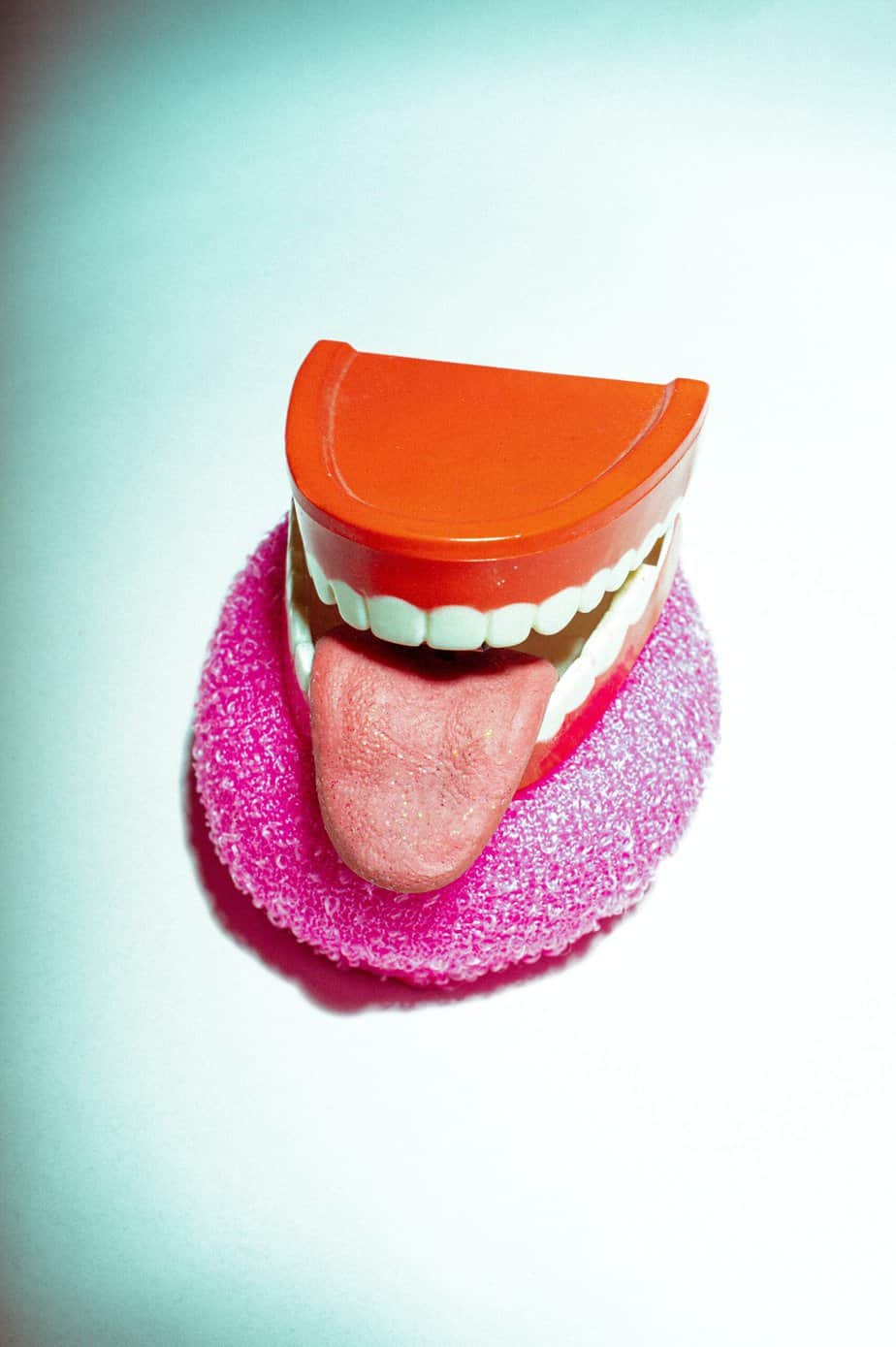Shelling out for Jade Eggs

The pelvic floor is comprised of a group of muscles that form a sling from the pubic bone to the tailbone. These muscles control bowel, bladder, and sexual function, so if there is any muscle weakness or tightness, there can be issues with control of any of those areas. According to the National Association for Continence, 25 million people in the United States suffer from urinary incontinence. There are 40% of women who are of reproductive age worldwide who complain of some sort of sexual dysfunction. If the pelvic floor muscles are weak, it is necessary to get them stronger in order for them to function properly. There are different ways to strengthen the pelvic floor muscles.
What are Yoni Eggs?
There has been a lot of discussion about yoni eggs, or jade eggs, in the past few years. A yoni egg is typically made of jade or rose quartz. It is said that it helps to increase sexual desire, strengthen the pelvic floor, improve hormonal balance, improve lubrication, regulate menstruation, and improve bladder control, but none of this has been proven and no evidence has been found to support the use of jade eggs. Gunter and Parcak published a study in 2019 researching the databases of 4 major Chinese art and archaeological collections. They could not find any mention of jade eggs being used vaginally for sexual purposes. The only jade egg found was made by Faberge and there was mention of a jade butt plug to be used after death (to preserve ch’i). There are possible risks for using a yoni egg, such as bacterial infections, fungal infections, or toxic shock syndrome. The stone is porous and smooth, making it difficult to clean and difficult to remove.
Vaginal Weights
Vaginal cones are made of plastic-coated stainless steel while other vaginal weights are made of medical grade silicone, and therefore safer to use than jade eggs. Vaginal weightlifting does come with some potential risks, however, including overexertion, tearing, pain and discomfort.
The easiest way to avoid these risks is to make sure you’re using the correct exercise technique and the right size weights.You may also want to avoid vaginal weightlifting all together if you are pregnant or recovering from childbirth or gynecological surgery, or have pelvic pain, or have an active pelvic infection.
References:
- What Exactly Is A Jade Egg And Do They Have Any Legit Benefits? Marissa Gainsburg. April 12, 2019.
- What Is Vaginal Weightlifting and How Is It Done? Medically reviewed by Janet Brito, PhD, LCSW, CST on April 16, 2018 — Written by Annamarya Scaccia
- Gunter J and Parcak P. “Vaginal Jade Eggs: Ancient Chinese Practice or Modern Marketing Myth?” Female Pelvic Medicine & Reconstructive Surgery. 25:1. January/February 2019, 1-2.






